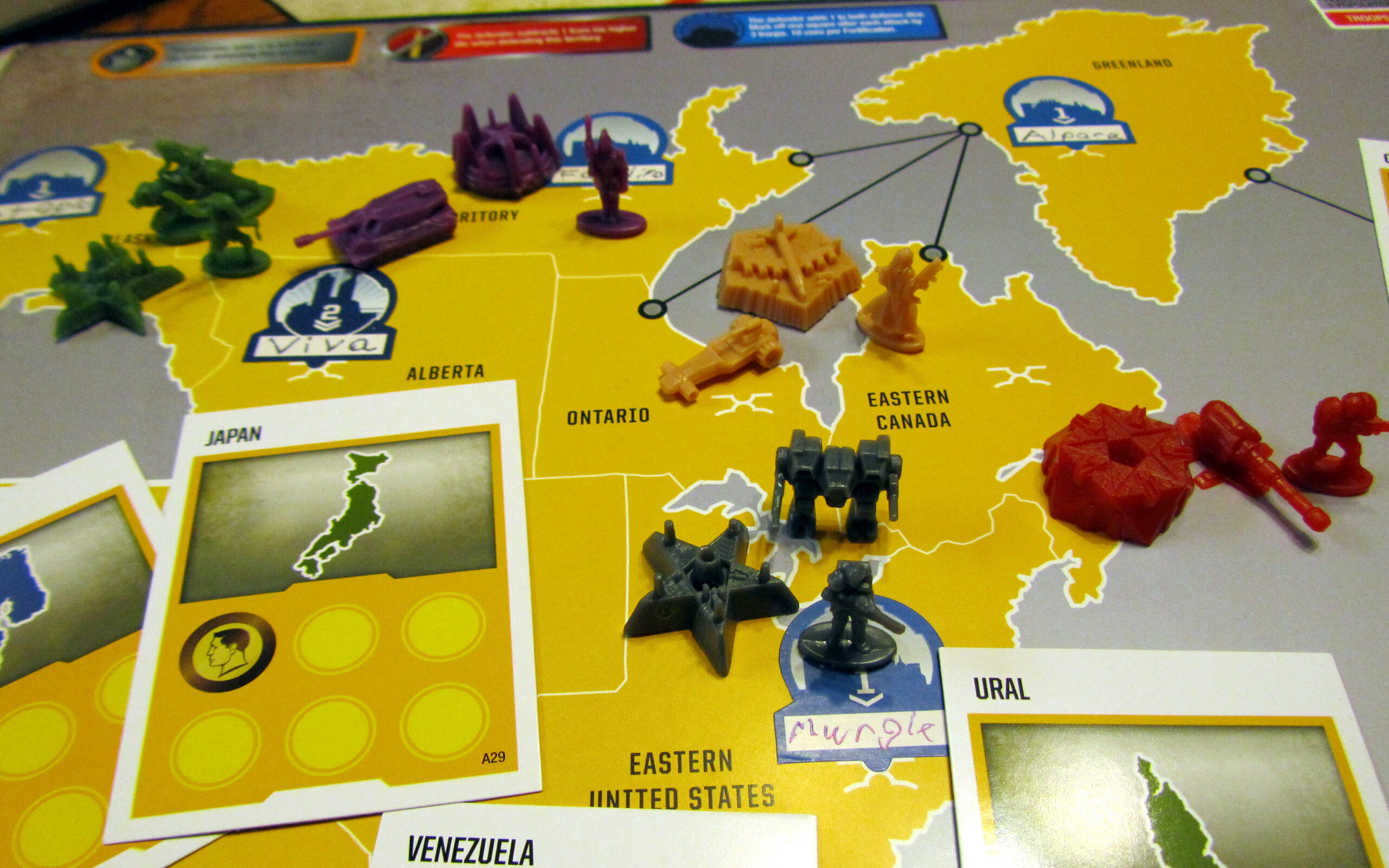
President Donald Trump's recent statements regarding the Panama Canal have sparked international concern and controversy. Trump threatened to take back the canal from Panama, claiming that the United States "built it and should have kept it." This threat underscores the complex history and geopolitical significance of the Panama Canal, raising concerns about its future and the potential impact on global trade.
The Panama Canal was constructed between 1904 and 1914 by the United States, after Panama gained independence from Colombia. The canal significantly reduced shipping times between the Atlantic and Pacific oceans, revolutionizing global trade and commerce. However, the United States' control of the canal also raised tensions with Panama and other Latin American countries.
In 1977, the two countries signed the Torrijos-Carter Treaties, which provided for the transfer of the canal from American to Panamanian control by 1999. The treaties stipulated that Panama would maintain permanent neutrality of the canal, allowing all ships free passage without discrimination.
Trump's threat to seize the canal back from Panama was met with swift condemnation from Panamanian officials and the international community. President Juan Carlos Varela said that the country would "defend its sovereignty" and that the canal "is and will always be Panamanian."
The United States has not officially pursued any action to reclaim the canal, but Trump's remarks have raised concerns about the future of the waterway. Some analysts believe that Trump's threats could be a negotiating tactic to secure more favorable terms for the United States in trade deals with Panama.
If the United States were to take back control of the Panama Canal, it would have far-reaching implications for:
There are varying perspectives on Trump's threat.
The evidence suggests that Trump's threat has triggered concerns among world powers.
President Trump's threat to seize control of the Panama Canal has sparked a renewed debate about the waterway's history, significance, and future. While the United States has not officially pursued any action to reclaim the canal, Trump's remarks have raised concerns about the potential impact on global trade, Panama's economy, and regional security.
Ultimately, the fate of the Panama Canal remains uncertain. The United States and Panama must work together to resolve their differences and ensure the continued operation of this vital waterway. The principles of sovereignty, neutrality, and international law should guide all parties involved.
Trump's threat to Panama's Historic Canal has brought into sharp focus the complex interplay between national sovereignty, global trade, and geopolitical power. It has also raised questions about the future of international agreements and the stability of the world order.
The Panama Canal is a symbol of both human ingenuity and the enduring tensions that can arise from colonialism and the pursuit of economic advantage. As the world faces new challenges and uncertainties, it is essential to prioritize cooperation, dialogue, and respect for international law. Only through these means can we ensure the peaceful and prosperous future of our planet.